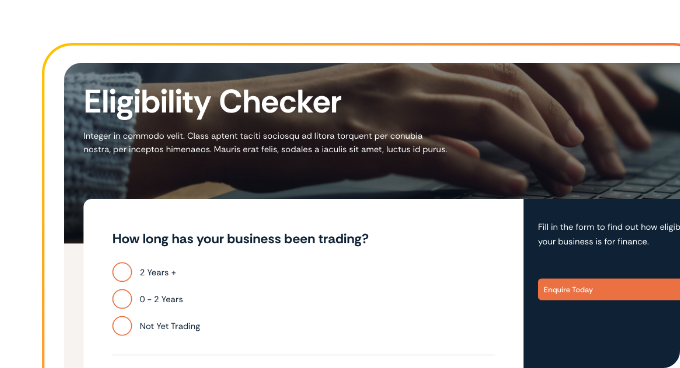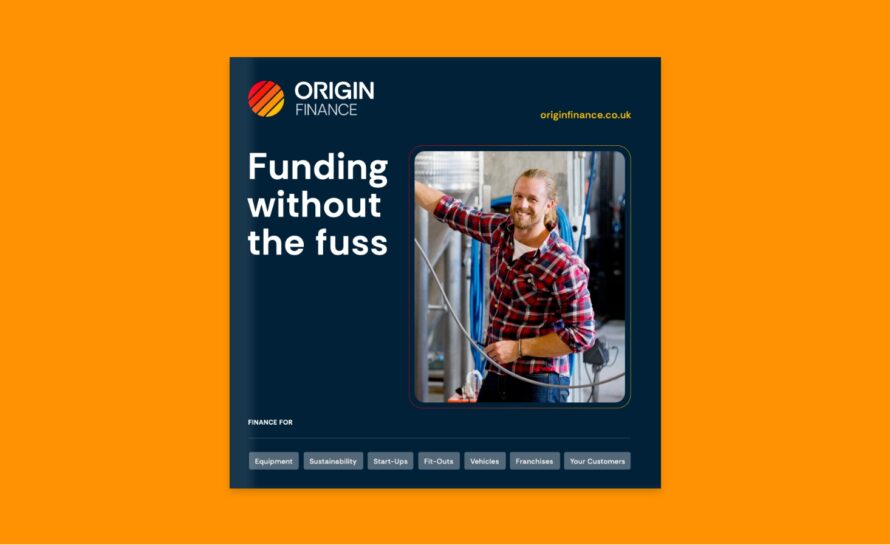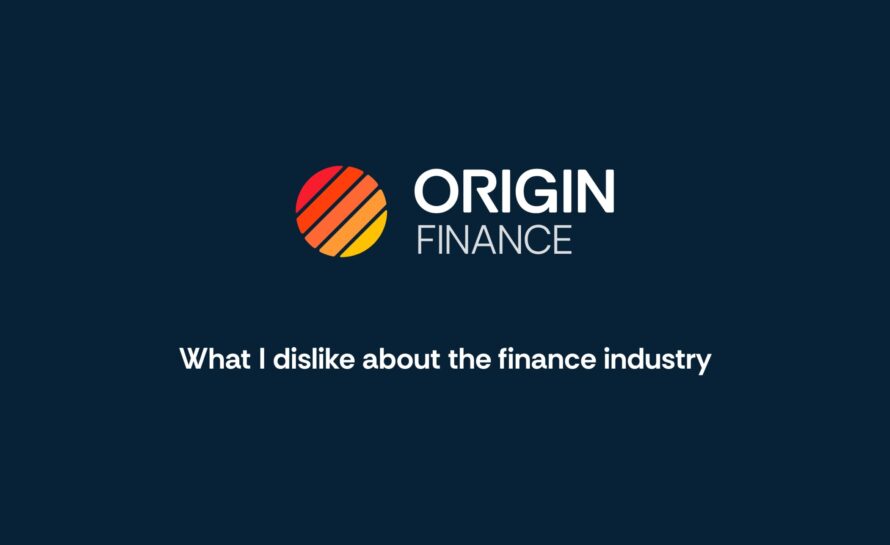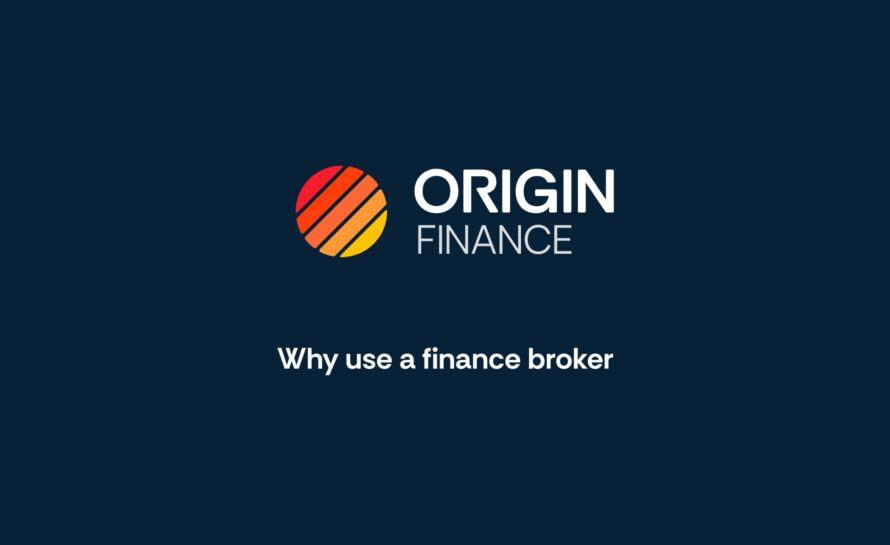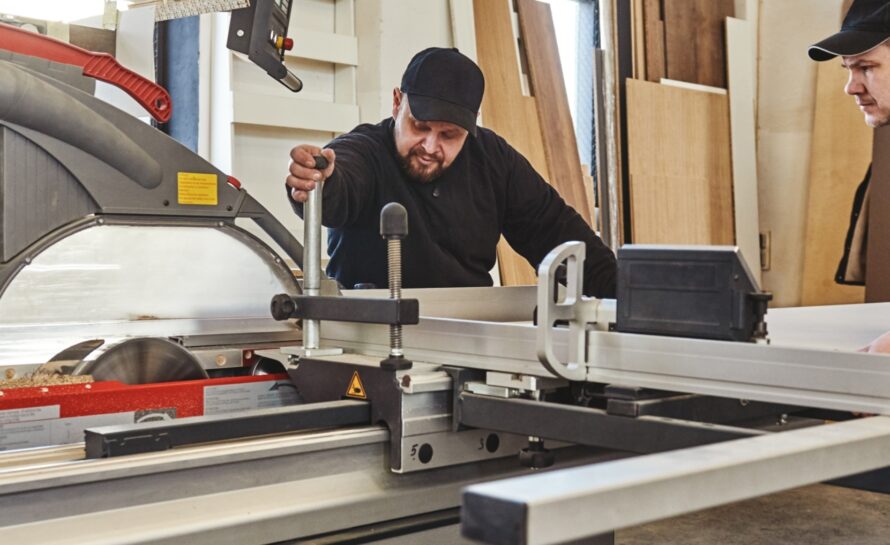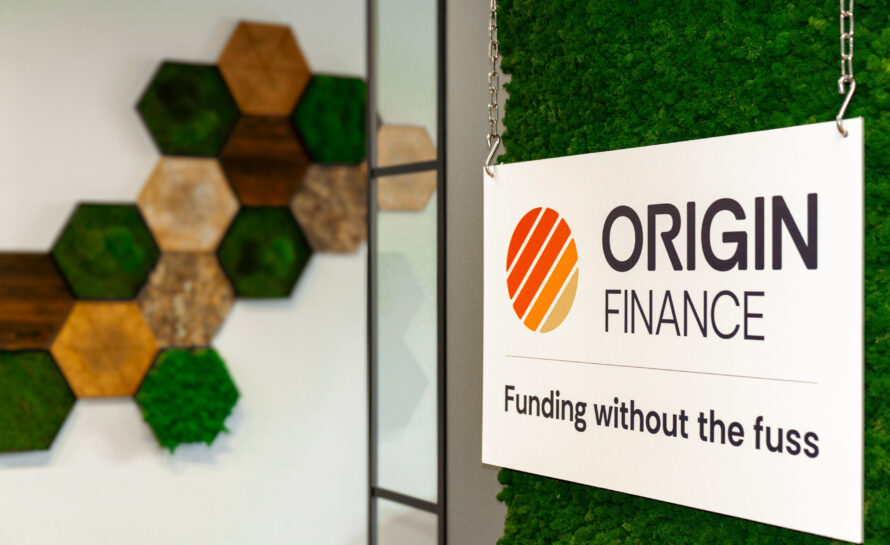
There might be a million and one reasons why you want to find finance for your business this year – but, at the same time, looking at all the different options and avenues available to you, getting started might seem like a pretty daunting task.
What kind of financing option should you choose for your business? How do you know if you’re prepared enough to apply for funding? What if your credit rating isn’t up to scratch?
We want to help you find the funding your business needs so it can grow to the next level. That might mean funding equipment finance, funding some commercial vehicles, or even getting enough money together to start a franchise.
Regardless, our team wants to line up lending options that don’t just give you the capital you need, but at repayment rates and terms you can comfortably manage.
Let’s run through a few key points you might want to consider before applying for any kind of commercial finance, and reaching out to our team.

Disclaimer: Origin Finance is not a financial advisor, and we therefore offer the following guide for general information purposes only – it does not constitute advice in any shape or form. We recommend that you seek advice from a professional service before applying for any kind of business finance after reading this guide.
Contents
Think carefully about what you need the money for
It might be easy to assume that a basic business loan will cover most needs. That’s not exactly true – for instance, there are many different types of commercial finance out there to suit short and long-term borrowing, and to help you bridge gaps while you wait for money to clear.
Working with a commercial finance broker means you’ll have access to tons of knowledge on different niche products and services. You won’t have to worry about having to fit into a basic business loan unless it’s absolutely right for you – especially when there are so many other options available.
Here’s a quick breakdown, for example, of some of the business finance products we can help set up for you:
- Flexible business loans: Whether you want to buy out a company, access working capital while you find your feet, or simply put money towards some upcoming projects, we’ll help you find the right solution from over 120 trusted lenders.
- Equipment finance: Want to spread the cost of heavy duty equipment or tools over the next few years? Consider equipment finance, where you can find money for furnishings, fittings, machinery – and save money on upfront purchasing.
- Fit out finance: Similar to equipment finance, if you have an empty office or are taking over a shop or warehouse – and need some money to get it fitted out, fast – fit out finance can spread the cost of shelving, flooring, IT equipment, and more.
- Commercial vehicle finance: If you run a business that relies on you getting from A to B in commercial vehicles, or if you run a vehicle-based enterprise such as a catering van, it’s worth considering a commercial vehicle loan.
- Franchise finance: Growing your business into a franchise can be exciting, but can also require a lot of financial backing. Go beyond basic business finance and find a funding solution tailored to your franchise’s future growth and returns.
- Invoice finance: Customers owing you money on unpaid invoices? We can help you source financing options where you get the money now – and your invoices work as collateral.
- Profession loans: If you run a professional business – e.g., if you’re an optician, a dentist, or a vet – a profession loan can help you get started while you support your first patients and customers.
- Refinancing: Refinancing can be a fantastic option if you want to release money from machinery, equipment, and other assets already in your business portfolio or premises.
- New business finance: Whether you’re a start-up or a sole trader, everyone has to start somewhere – and this type of finance can give you a fair start regardless of the industry you’re stepping into.
- Growth Guarantee Scheme (GGS): The GGS is the current name for the Recovery Loan Scheme (RLS), which was originally set up to support businesses during COVID-19.
You don’t have to know exactly what type of funding to apply for straight away. That’s why it’s worth partnering with a broker who can offer a range of options to narrow down the field.
Consider how much you need
Deciding upon the exact amount of money you need to borrow, naturally, depends on what you’re going to use it for.
You need to consider how much you can repay over a certain period of time. You can use our financial calculators for estimated repayment options.
Being transparent, honest, and concise about your funding amount shows lenders that you’re responsible, which again helps to build confidence. Start by considering how much you bring into the business each month, and how much you can guarantee to pay back from funding. Don’t depend on money that might come in – the last thing you’ll want to do is risk defaulting.
Start making a plan
Alongside carefully calculating how much money you want to borrow, you should have an ironclad business plan in place. Think of this as a growth plan that shows lenders where your business is projected to be over the next few years.
Again, this is a confidence-building exercise. Lenders won’t offer finance to just anybody – meaning that, along with some supporting documents, they’ll want to see that your plan ensures they get the money back that you’ll owe, along with interest.
Writing a business plan isn’t a precise exercise, but it’s something you should ideally get into if you’re just starting out. That said, even if you’ve been trading for a while, it’s also worth laying everything out flat so you have a clear roadmap of where you’re going – and, ideally, you should be thinking ahead by at least the next three years.
Ideally, your plan should include:
- A summary of what your business does in as much specific detail as possible
- Specific business targets that you aim to achieve over the next few years (financial or otherwise)
- Details about your target market, customers, and your competitors
- If you’re already in business, details on your revenue, loss, and expenses
- Information about what makes you qualified to run your business and stimulate growth (e.g., if you’re a web designer, you might want to draw on previous experience, a portfolio of work, and some professional qualifications)
- Details on how you run your business from day to day (do you have suppliers, insurance protection, and any back-up plans to support your business if all else fails?)
- Marketing tools and strategies you already (or intend) to use (to show lenders how you’ll bring money into your business)
Of course, all of these points will be words on a page – lenders may want you to supply some hard evidence of claims you make, which takes us to the next section.
Gather the right documents
Essentially, any documents and receipts you can bring together to support the above will help lenders make a more informed (and hopefully accepting) decision from your application. Ideally, you should bring together all of the following along with your plan:
- Detailed financial statements and accounts showing your cash flow
- Clear balance sheets that give a gradual overview of how your business is performing
- Tax returns, if applicable, to show your income and tax payments
- Proof of your ID, business ownership, and premises
- Asset details (for example, if you’re applying for a secured loan, you might offer proof that you own a property or vehicle that you’re putting up as security)
- Legal details relevant to the business (e.g., Companies House documentation)
This list is by no means exhaustive – meaning it’s a good idea to speak to an account manager at Origin before you apply if you’re unsure.
Check out our funding stories
Understand the key terms
Of course, whenever you enter into a business finance agreement, you’ll have access to all the terms and conditions you need to help you understand when you need to pay money back, and how much. As a broker, we only work with lenders we know and trust – meaning you can trust them, all the same.
Key terms you should keep an eye out for when applying for business funding include interest, which refers to how much your lender will charge per year on top of your repayments.
There’s also collateral, which refers to an asset or security you might need to supply to secure your loan (and which the lender can seize if you miss payments or break the arrangement). Secured loans always use collateral – again, as another type of confidence for the lender.
You should also keep an eye out for terms such as early repayment fees, which might apply if you’re able to pay back before the end of your agreement, and variable rates, which can mean that the interest you pay throughout your repayment period is subject to change, based on market fluctuation.
There’s quite a bit to consider – but don’t worry. When applying for finance through Origin, you’ll have a complete breakdown of everything you need to know before signing and agreeing to funding.
And, to prepare you even further, we’ve put together a large glossary of some of the most important terms you’ll come across when researching and applying for funding.
Take your time
Financing any kind of business can get stressful sometimes. However, we aim to make finding the right lenders and solutions as worry-free as possible.
Regardless of where you are in your business journey, and no matter what you need commercial capital for, we will help you line up a supportive and feasible plan to help you grow your business as efficiently as possible.
If you’re ready to find out what funding might be available to you, contact Origin for a free quote with no obligation – and start making big plans to get your business going places.
Applying for a Business Loan
If you want to learn more, you can head to our dedicated Business Loans pages. Or, if you have all the information you need, you can skip straight ahead and book a call with our friendly team. We can’t wait to support your ambitions and build your business!
